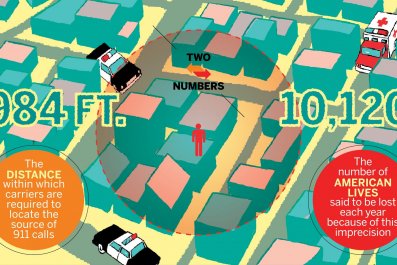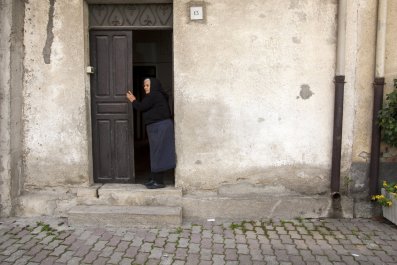Illegal cartels across Europe have cost each EU household the equivalent of three-and-a-half years of bread, rice and cereals. Prices of everyday consumer goods such as milk, newspapers and sausages have been hiked by a total of at least €694bn since the year 2000, according to new figures from one of the world's leading academic experts in international price fixing.
The artificially inflated prices have exacerbated a drop in living standards across Europe.
The figures, published for the first time here, are calculated by economics professor John M Connor of the American Antitrust Institute, and show the scale of overcharging that results from producers agreeing to fix prices above the market rate across a wide range of products and services. The cartels have been found to operate in a vast variety of sectors, from sausage and ham manufacturing in Denmark, toiletries in France, newspapers in Hungary and recruitment agencies in the UK.
Connor's estimate is based only on the small number of cartels uncovered, thought to be just 10-25% of the total. The figure was calculated from 270 cartels out of 577 discovered in the EU since 2000. Although consumers may not always bear the entire cost of the overcharge, Connor says the "pass through rate is usually pretty close to 100%".
Last month French authorities fined yoghurt makers nearly €193m for colluding to set the price of dairy products – a relatively small amount considering they made around €27bn in sales over the duration of the cartel.
According to Connor, though gross cartel overcharges since 1990 exceeded $1.6tn, the monetary penalties to the cartelists only reached $123bn.
John Phelan, communications officer for BEUC, the European Consumer Organisation, says the EC has a difficult job estimating the extent of economic loss to consumers. "As a result, it often estimates on the conservative side for fines."
He believes the EC should legislate collective redress for every EU nation. This allows groups of people to file a single court application for compensation.
A 2011 EC study found 79% of consumers would defend their rights if they could join with other victims and Phelan believes the system would inspire consumer confidence and improve commercial standards.











































